
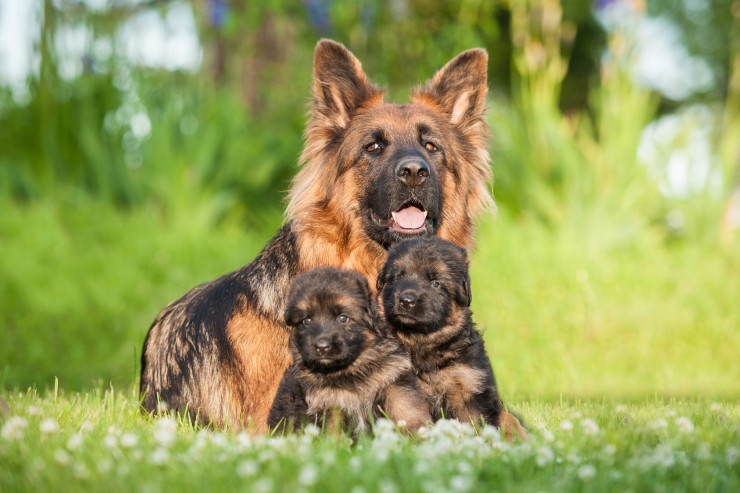
Obviously, breeding is necessary in order to ensure the continued survival of the canine species as a whole and each of the respective breeds within it, and breeding good quality, pedigree dogs can be good for the breed as a whole, and its general health and survival. However, just because you want to have puppies or think that your bitch would like to have a litter are not good enough reasons to breed from her!
There are consistently many more dogs in the UK that need homes than available homes for them, without ever-more unwanted dogs and puppies being produced, and so you should think about the implications of breeding from your dog in wider terms with the welfare of the entire canine population in mind, and not just what you want to do with your own individual dog!
In this article, we will share some basic advice for the first-time potential breeder on the logistics of breeding from your own dog, as well as some considerations that you should think about as part of making your decision.
The quality of your dog is determined by factors such as their temperament, conformation, health and appearance, in terms of how these adhere to or deviate from the breed standard. You should arm yourself with a copy of the breed standard for your own dog and critically review it with your dog in mind.
Dogs that are not a good example of their breed should not be bred from; plenty of people will be doing this already! You should also find out about the various breed-specific health problems that are known for your dog’s breed, and where possible, get your dog tested to find out if they have the genetic markers for any of them.
Not only will this help you to make an informed decision on whether or not to breed, but having such tests performed also provide value in terms of giving you a complete picture of your dog’s health, and also, being something that your potential buyers will want to see.
There really isn’t a good reason to deliberately breed non-pedigree dogs-there are plenty of those out there already! One notable potential exception to this, however, is if your non-pedigree bitch is both robust and healthy, and comes from excellent working or canine sport ancestry, and so, will produce puppies that will be desirable to new owners for these reasons.
Bitches can theoretically breed from the time that they have their first season, but this is far from the ideal time to mate your dog. Bitches should be fully grown and have gone through at least two normal seasons before breeding, and generally, two years old or over is considered the best time to breed. Different breeds of dogs mature at different rates, which is something else that is worth bearing in mind; giant breeds such as the Newfoundland are much slower to grow and fully develop than smaller breeds, and so you might wish to wait even longer.
Older bitches will be more at risk of problems and complications with mating and pregnancy, so bitches over the age of around five should ideally not be used for breeding.
A bitch can theoretically conceive at any time during her heat season, but during the season itself, your bitch’s fertility will peak for a few days, which is the best time to mate her. However, it will not be obvious to you when this is, and it is not something that you can work out for yourself, and so if you are paying for the services of a stud dog or travelling some distance to mate your bitch, you may want to get your vet to test your bitch’s fertility levels and find the peak time to mate her.
As any dog owner who has ended up with an accidental litter will tell you, dogs don’t need a lot of help in the mating department, and when your bitch is fertile and in the presence of an unneutered male dog, they will usually simply do what comes naturally!
It is, however, a good idea to let the two dogs get used to each other prior to mating, so that they will be less likely to go through the rough stage of meet and greet!
If your bitch conceives first time, her heat cycle will end, which can be a useful indicator of a successful conception if you are familiar with the length of your bitch’s normal seasons. During the first few days after conception she may even display signs of morning sickness, which may or may not involve actual vomiting. However, not all dogs go through this!
As the weeks progress, her nipples will become darker and larger, and her appetite may drop off during the first couple of weeks, before returning with a vengeance and then some!
The only sure-fire way to identify a successful conception during the first few weeks, however, is to ask your vet to run some simple tests and possibly later on, an ultrasound scan.
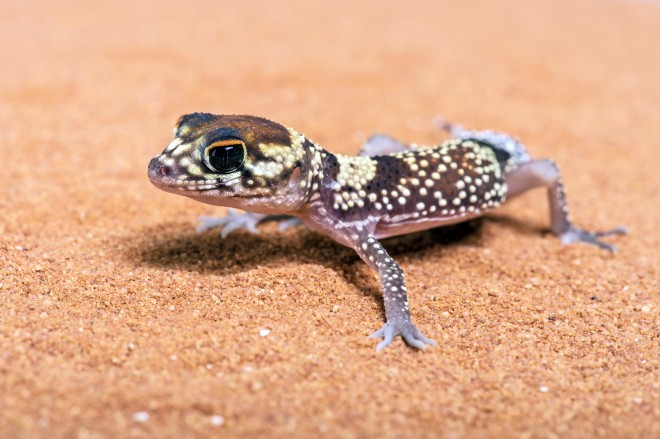 Twenty Two Fun And Interesting Facts About Lizards
Twenty Two Fun And Interesting Facts About Lizards
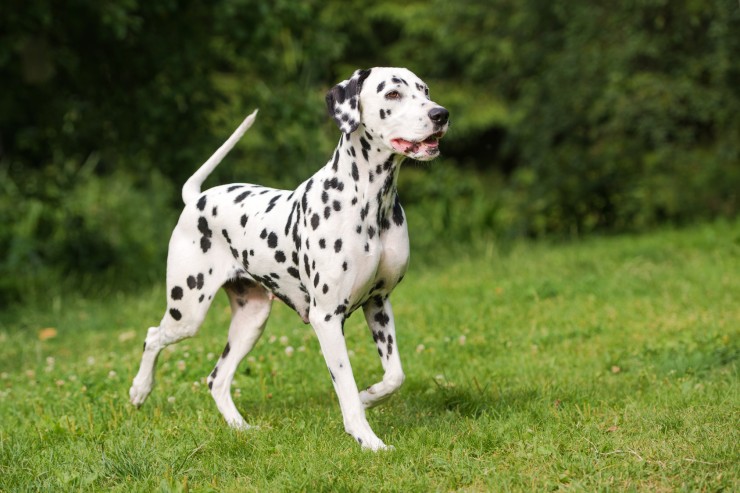 The Importance Of Good Breeding In Dalmatians
The Importance Of Good Breeding In Dalmatians
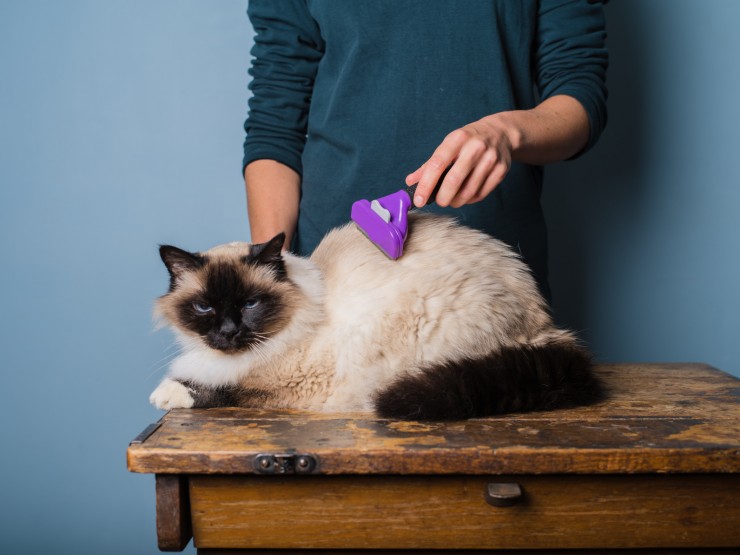 Tips On Keeping Cat Hair Under Control Around The House
Tips On Keeping Cat Hair Under Control Around The House
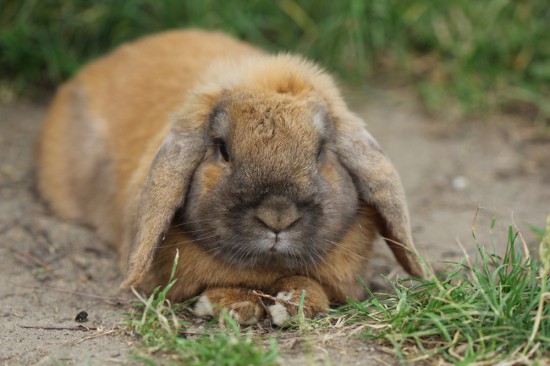 Ten Tips For Keeping Your Rabbit Happy And Healthy For Life
Ten Tips For Keeping Your Rabbit Happy And Healthy For Life
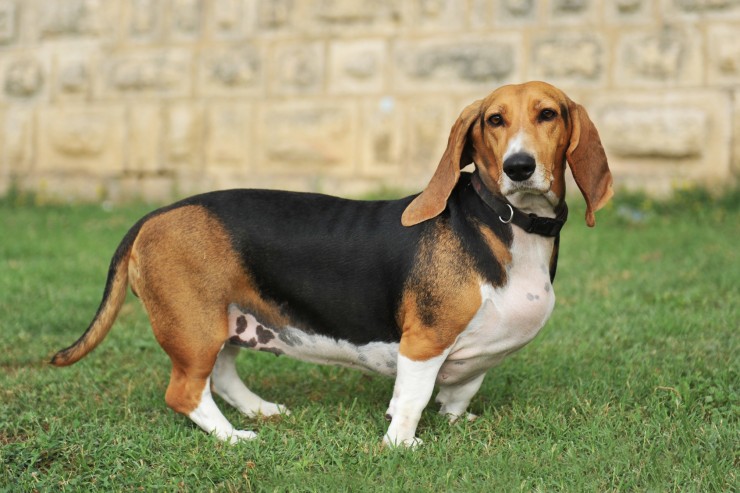 Five Of The Most Common Chronic Health Problems Seen In Dogs
Five Of The Most Common Chronic Health Problems Seen In Dogs
 When Does A Kittens Eyes Change Colour?
When Does A Kittens Eyes Change Colour?
 Looking After A Diabetic Cat
Looking After A D
Looking After A Diabetic Cat
Looking After A D
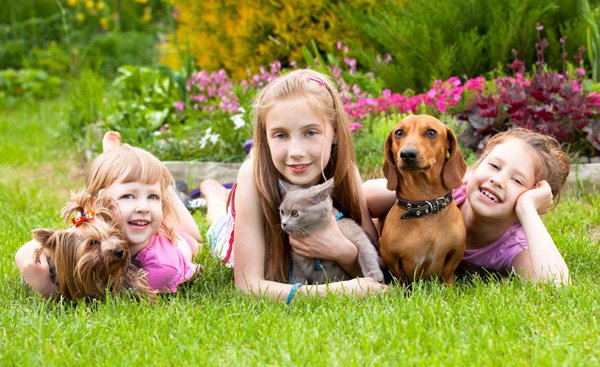 Ultimate Way To Learn About These Amazing Creatures
Ultimate Way To Learn About These Amazing Creatures
Ultimate Way To Learn About These Amazing Creatures
Ultimate Way To Learn About These Amazing Creatures
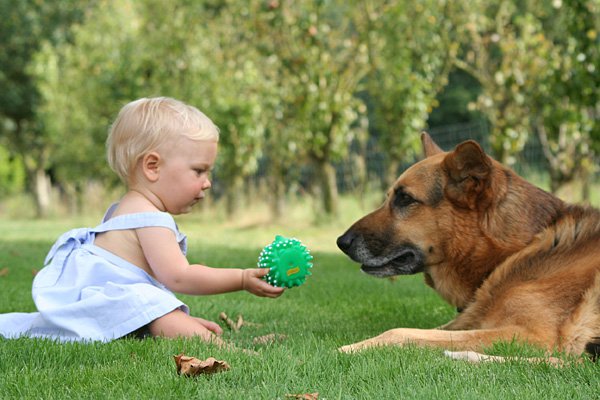 A Few Things that You Need to Know About Pet Vaccinations
A Few Things that You Need to Know About Pet Vaccinations
A Few Things that You Need to Know About Pet Vaccinations
A Few Things that You Need to Know About Pet Vaccinations
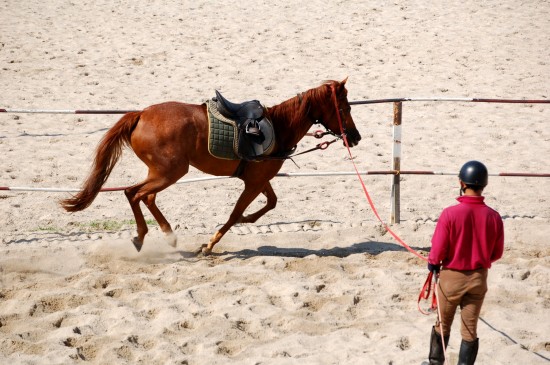 Horses - Show Time And How To Get Fit
Horses - Show Tim
Horses - Show Time And How To Get Fit
Horses - Show Tim
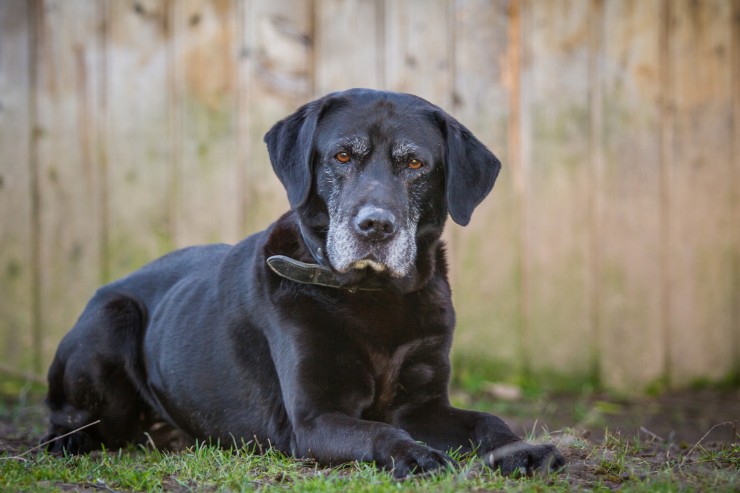 How To Help Your Senior Dog To Maintain Their Bodyweight
How To Help Your
How To Help Your Senior Dog To Maintain Their Bodyweight
How To Help Your
Copyright © 2005-2016 Pet Information All Rights Reserved
Contact us: www162date@outlook.com